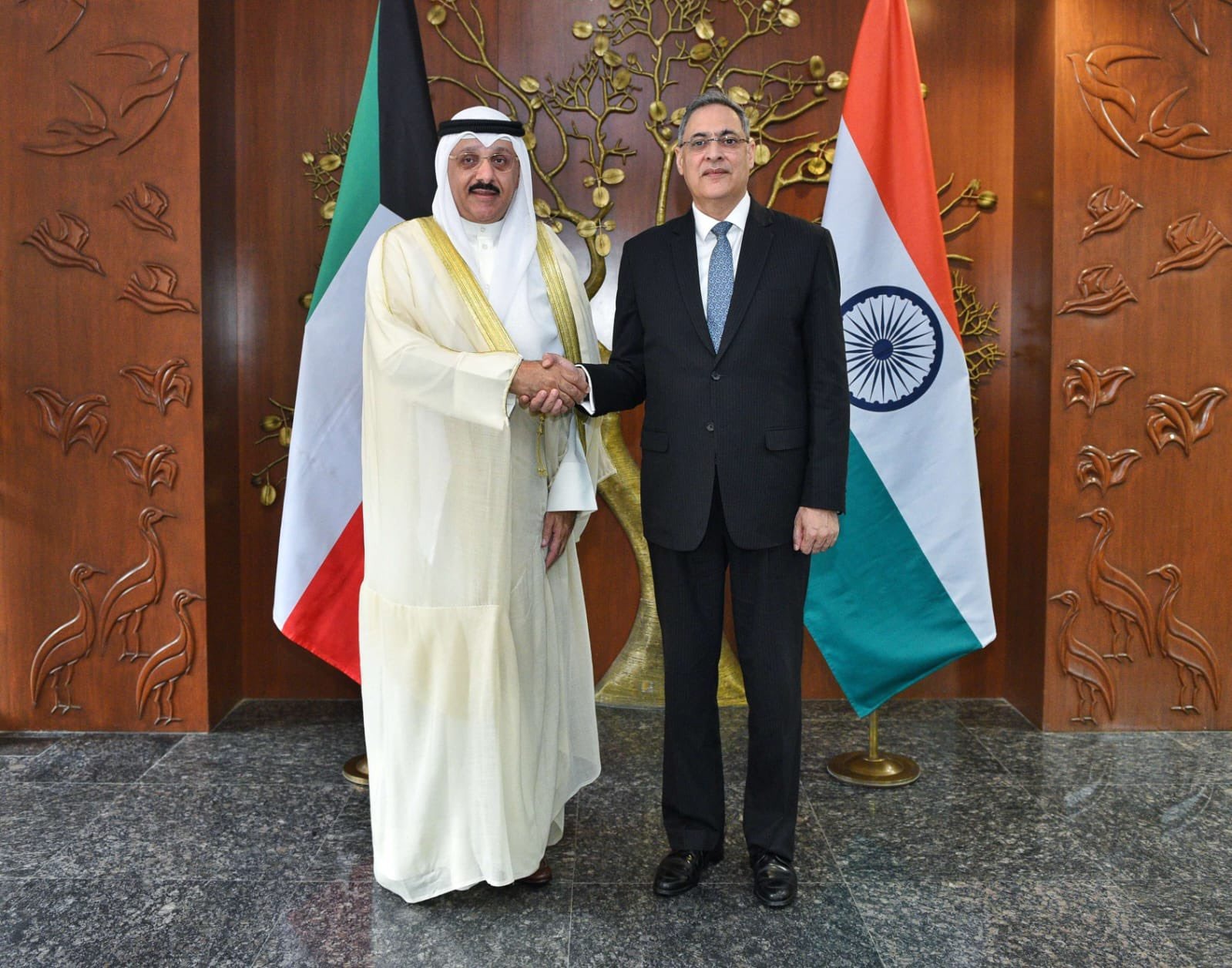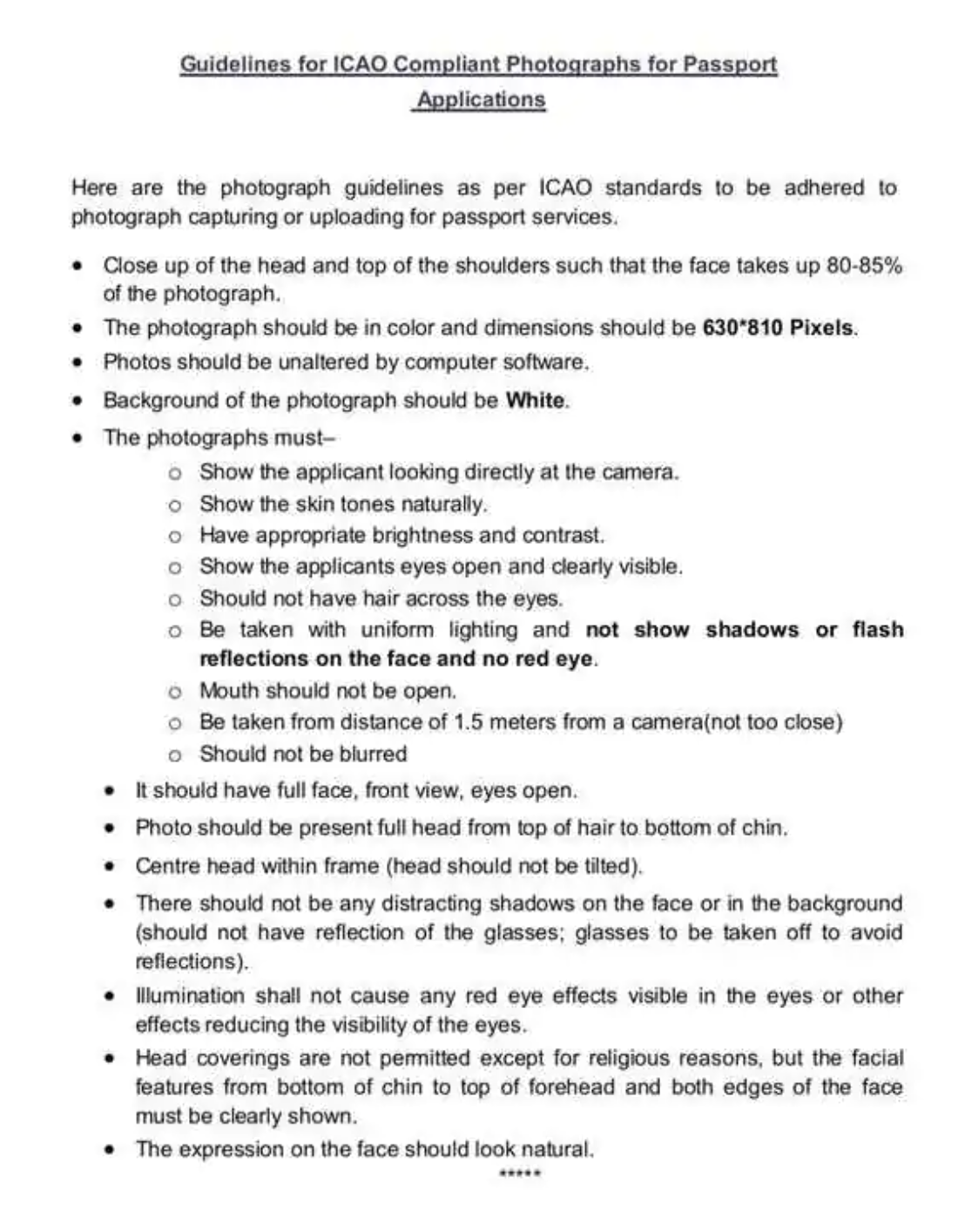With extreme heat in Kuwait and all over the world this summer, a celestial event soon taking place in our southern skies is cause for celebration. Since ancient times the sighting of the star Canopus has been regarded as a sign that summer is coming to an end, and even today the star’s appearance is a highly anticipated event.
Known in Arabic as ‘Suhail’, it’s the brightest star in the southern constellation of Alpha Carina, and the second brightest star in the sky after Sirius. According to Senior Meteorologist and Researcher Essa Ramadan, there has always been excitement in this part of the world when Suhail is spotted in the heavens over southern Saudi Arabia, Yemen, and Oman around the 24th of August.
“It always appears first over the southern Arabian Peninsula before it’s seen here and this is simply due to the rotation of the earth,” he says. He notes that it’s not until after the fifth of September that the star can be seen in the southern skies of Kuwait, thirteen degrees above the horizon, about an hour or two before dawn.
Around this time of year, the inhabitants of Kuwait used to eagerly watch for the star in the night sky before sunrise, from their rooftops and out in the desert, believing that the appearance of Suhail was the cause for the change in weather. But Ramadan explains that Suhail is 310 light years distant from the Earth, and therefore actually has no effect on our temperatures.
“The reason for the slightly cooler weather around the time the star is sighted is the beginning of the movement of low pressure from the Mediterranean. It is officially the start of autumn,” he says.
One can certainly understand how in the days before electricity and air conditioning, a portent of cooler weather was a tremendously welcome sight. Just how much excitement the appearance of Suhail caused in old Kuwait is vividly described in ‘The Arab of the Desert’, an account of traditional bedouin life by British Political Agent Colonel H.R.P. Dickson.
First he describes the extreme August heat that comes with humidity, bringing the local population “to the end of their tether, incapable of standing much more… The Badawin in particular feel this damp heat which seems to penetrate their very bones, and brings out ailments of every description.
“The whole world now longs and prays for the rise of Suhail, that tantalizing twinkling star known to the West as Canopus, whose coming always brings relief. So powerful is this longing that after the 25th of August men get up hours before dawn to see if they can get a glimpse of that blessed constellation. At long last comes hope, usually in the shape of a camel courier from Najd. He brings the news that ten days previously Suhail was seen in high Qasim. It must therefore be seen any moment now in Kuwait.”
Expectation was elevated to a fever pitch as Dickson recalled. “Watch is redoubled and the keenest-eyed Rashaida hunters are set to search the southern skies about 3 a.m. at Jahra and Subaihiyah, for there it is less misty than at Kuwait. At long last the star appears. Like wild fire the news is rushed into Kuwait, and spread abroad among the Badawin. The cry is raised: ‘Suhail has been seen, Suhail has been seen by so-and-so, thanks be to Allah the Merciful. Summer is at an end…’”
The meteorologist predicts this winter’s rainfall will be moderate, with a chance for unexpected weather systems that could bring isolated cold spells or heavy rain. “During the past few years the problem has been with very intense, heavy rain within a short period of time, and this is a trend that’s expected to continue,” says Ramadan.
In the meantime, despite professional meteorologists and scientific methods of predicting the weather, the sighting of Suhail is still a topic of conversation in diwannias and among the older generation of Kuwait. A trusted sign that better days are ahead, we can take comfort in the appearance of a bright star that twinkles enticingly in the southern skies before dawn.










